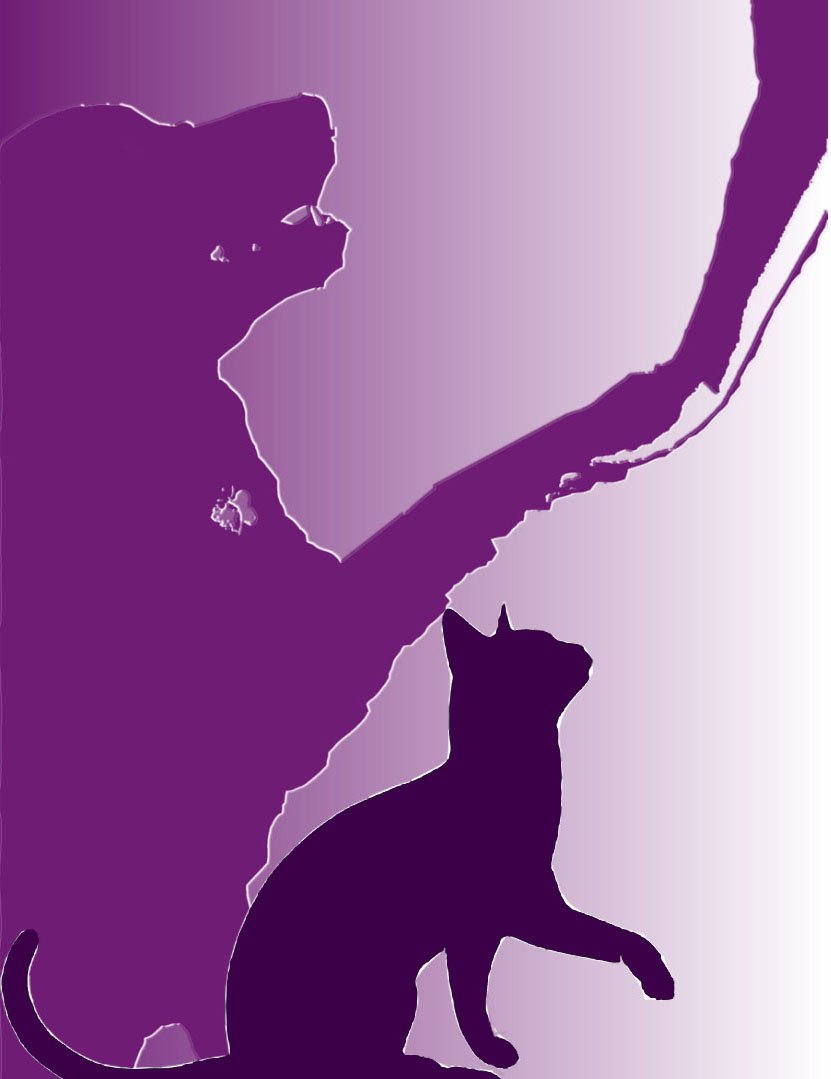A list of puppy priorities
Puppy priorities
Jamie Flanders CDBC, CFDM, FPPE, CBC
A general overview of some of the top priorities to focus on with your puppy.
1. Handling (cooperative care): Preparing your pet for vet and grooming procedures is a typically overlooked priority. It should take precedence over obedience because of the impending deadlines. Nails grow out, teeth become dirty, and vet appointments are coming. Impulse control is built into cooperative care which in turn will aide in your obedience training later.
2. Life exposure (socialization): It’s important to get your puppy out each day to new places to experience life in a natural organic way. This needs to be done gently, being careful not to overwhelm your puppy. Also see “what have I gotten myself into” blog on my website.
3. Management and puppy proofing your entire home and yard: You must invest in barriers and gates to protect your home from a puppy. If you allow your pup access to inappropriate items and areas, they will begin to develop a habit of getting into things they shouldn’t. Your home and yard should be set up in such a way that your pup has ample access to his toys and chews and almost no access to your things. This way he develops a habit of choosing his toys over yours.
4. Tolerating crating or confinement: There will inevitably be times when you must confine your dog. In situation such as: travel, relocation, conflict with guests, construction, recovery, integration of new pets, new baby, safety and success with children, or conflict with visiting dogs, it’s important that your dog is comfortable and calm in a separate room, behind a gate, tethered, in a crate, or in the yard by themselves.
5. Potty training: Potty training starts day one with your puppy. You should expect to need to take your puppy out very frequently especially after: waking up, playing, eating, drinking, and being let out of confinement. You should not wait for or expect your puppy to give you clear signals that they need to go potty and would like you to please open the door for them. It is your responsibility to take your puppy to their potty area as frequently as they need. It is also your responsibility to learn the body language and behavior cues that your puppy exhibits just prior to relieving themselves and take them out when you see these cues. You can teach puppies to give you obvious cues like ringing a bell but bare in mind that ringing the bell tends to be the cue that they want to go outside not necessarily that they need to potty. Keeping a potty log helps tremendously with potty training. You will learn about your puppies potty trends and can begin to adjust how often you need to take your puppy out.
6. Biting and mouthing: You should expect to be mouthed and bitten by your puppy. It is not necessary to scare or punish your puppy for biting or mouthing you. Learning how to use their mouth and what pressure is safe to apply is part of a puppies development. You should redirect your puppy onto an appropriate item to bite or chew on and teach your puppy how to settle in a confinement area to take a break if their arousal level has gotten too high. You should also expect biting and mouthing to swell while teething. Provide your puppy with plenty of toys and chews . Keep toys and chews near you at all times while your puppy is learning how to be more delicate with their mouth.
7. Settle: It’s easy for puppies to become over-aroused and over-tired. Teaching your puppy how to self-regulate and relax is a critical life skill.
8. Recall (come when called): Recall is a potentially life saving skill. You should be working on recall every day and in different situations.
9. Drop it: Puppies will pick up anything and everything they come across. You can prevent your puppy from developing a habit of chewing and eating a lot of things by using gates, barriers and keeping your home very clean and clear of clutter. Drop it is also a potentially life saving skill. The worst 2 things you can do is chase your puppy around when they have something they shouldn’t and take things away from them without giving them something back immediately afterward.
Want more information on how to work on all of these things? Schedule a puppy consult with me!

